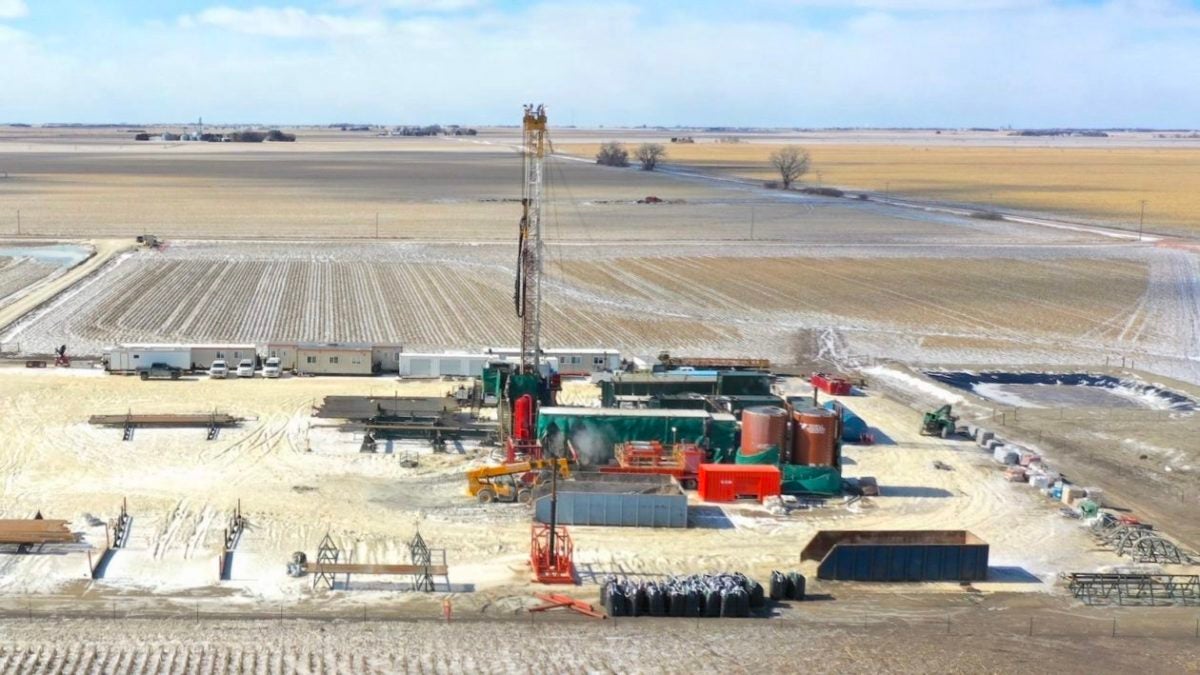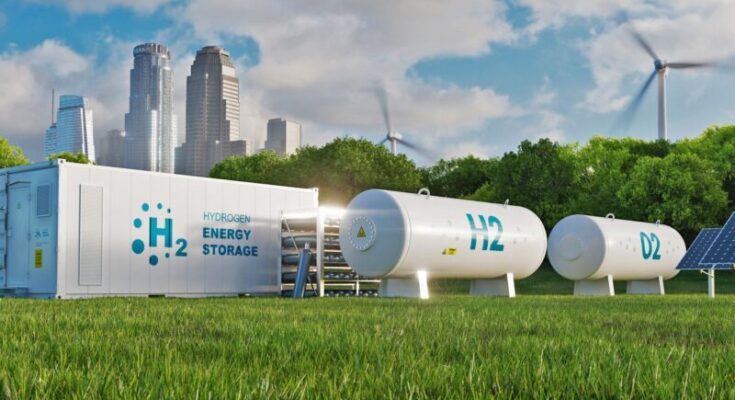In a groundbreaking discovery, French scientists have uncovered a massive 46-million-ton reserve of natural hydrogen in Moselle, a find that could revolutionize the global energy landscape. This deposit, valued at an estimated $92 billion, is composed of “white hydrogen,” a naturally occurring, carbon-free energy source. The discovery has the potential to supply more than half of the world’s gray hydrogen demand, marking a significant step toward reducing reliance on fossil fuels and enhancing energy security.

Understanding White Hydrogen
Hydrogen is widely recognized as a key player in the transition to clean energy. However, not all hydrogen is created equal. Most of the hydrogen currently in use is produced artificially, often through carbon-intensive methods. The primary types of hydrogen include:
-
Gray Hydrogen: Derived from natural gas through steam methane reforming (SMR), which emits large amounts of CO₂.
-
Blue Hydrogen: Also obtained from natural gas, but with carbon capture technology to reduce emissions.
-
Green Hydrogen: Produced via electrolysis using renewable energy, making it a clean but costly alternative.
-
White Hydrogen: Naturally occurring and found in underground reservoirs, requiring minimal processing and producing no carbon emissions.
This newly discovered white hydrogen deposit presents an unprecedented opportunity to harness a clean, abundant, and cost-effective energy source without the carbon footprint associated with traditional hydrogen production.
A Historic Discovery in Moselle

The natural hydrogen deposit in Moselle was identified during geological surveys conducted by a team of French scientists. The findings suggest that the region holds one of the largest white hydrogen reserves ever documented. This discovery challenges long-standing assumptions that naturally occurring hydrogen is too rare or difficult to extract in commercially viable quantities.
The estimated 46 million tons of hydrogen could significantly alter the global hydrogen supply chain. Currently, the world produces around 94 million tons of hydrogen annually, with gray hydrogen accounting for a majority. If fully extracted and utilized, this deposit alone could replace over half of the gray hydrogen currently in use, dramatically reducing global carbon emissions.

Economic and Environmental Impact
The implications of this discovery are far-reaching:
-
Energy Security and Independence: France, like many nations, is seeking ways to reduce its dependence on imported fossil fuels. A large domestic hydrogen source would strengthen its energy security and reduce vulnerability to global market fluctuations.
-
Economic Growth and Job Creation: Developing the Moselle hydrogen reserve could generate thousands of jobs in mining, transportation, and hydrogen infrastructure. The economic boost could extend to various industries, from manufacturing to renewable energy projects.
-
Decarbonization of Industries: Heavy industries such as steel, chemicals, and transportation, which rely on hydrogen as a feedstock, could transition to white hydrogen, significantly cutting CO₂ emissions.
-
Global Market Disruption: If successfully commercialized, this reserve could position France as a leader in the global hydrogen economy. It may also encourage further exploration for white hydrogen deposits worldwide.
Challenges and Next Steps

Despite the promising potential of the Moselle hydrogen reserve, several challenges must be addressed before large-scale extraction begins:
-
Extraction Technology: While initial studies indicate that white hydrogen can be extracted economically, further research is needed to optimize the process and reduce costs.
-
Infrastructure Development: A robust hydrogen transport and storage network must be established to ensure efficient distribution.
-
Regulatory and Environmental Considerations: Policymakers will need to develop regulations to manage hydrogen extraction responsibly, balancing economic benefits with environmental sustainability.
A Step Toward a Hydrogen-Powered Future
The discovery of the Moselle hydrogen reserve represents a significant milestone in the global energy transition. As the world grapples with the urgent need to reduce carbon emissions and find sustainable alternatives to fossil fuels, white hydrogen emerges as a viable solution. If successfully harnessed, this natural hydrogen source could reshape the energy industry, drive economic growth, and accelerate the shift to a cleaner, greener future.
France’s scientific breakthrough could pave the way for a new era of hydrogen exploration, inspiring other nations to seek similar deposits. The coming years will determine whether this discovery can live up to its potential, but one thing is clear: the future of energy just got a little brighter.




